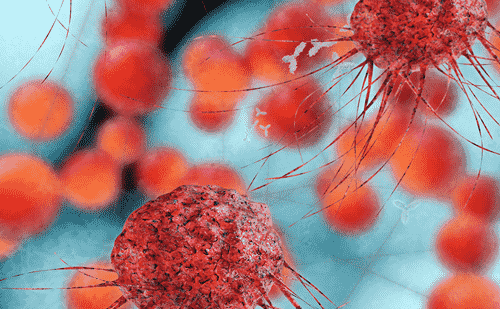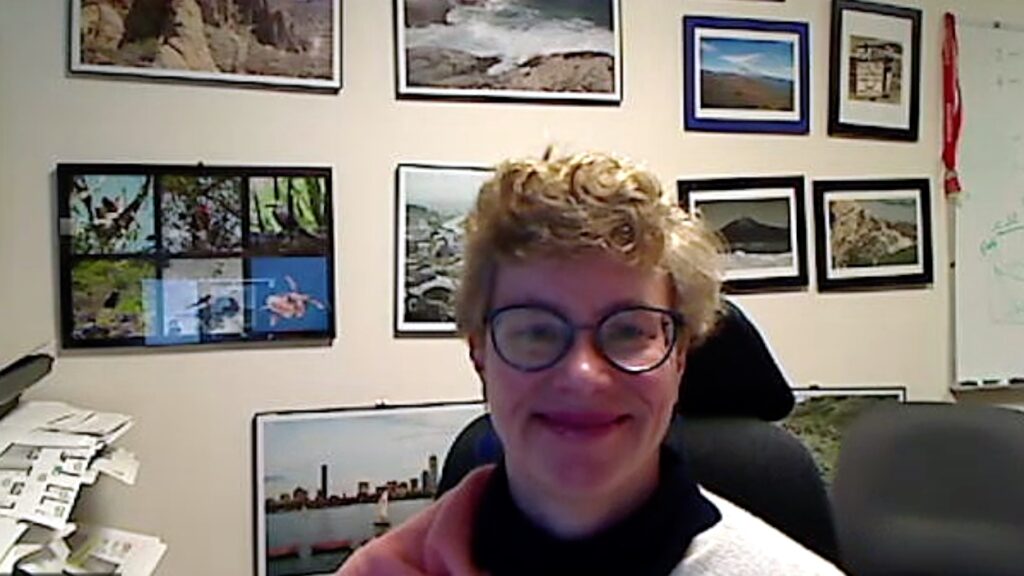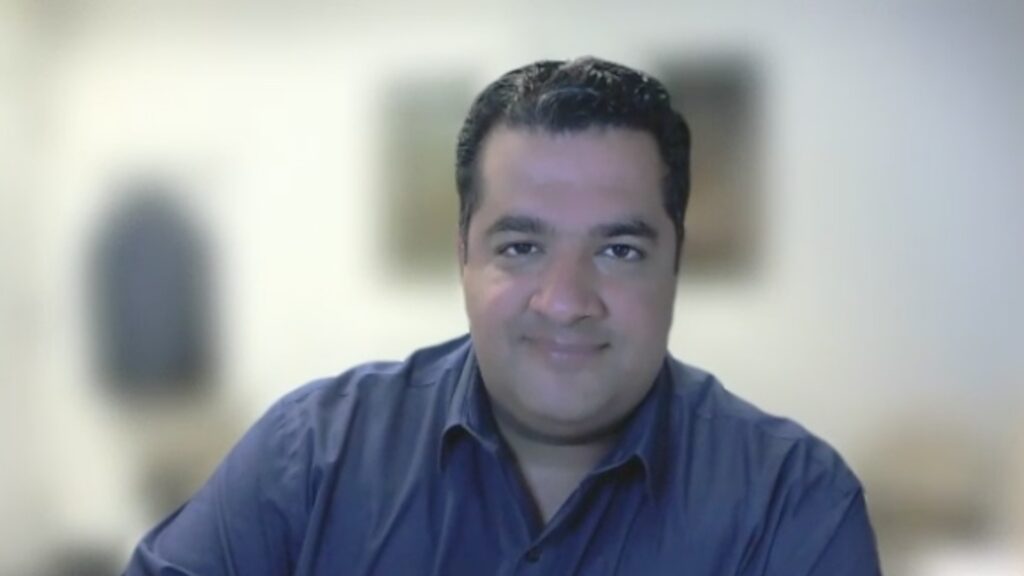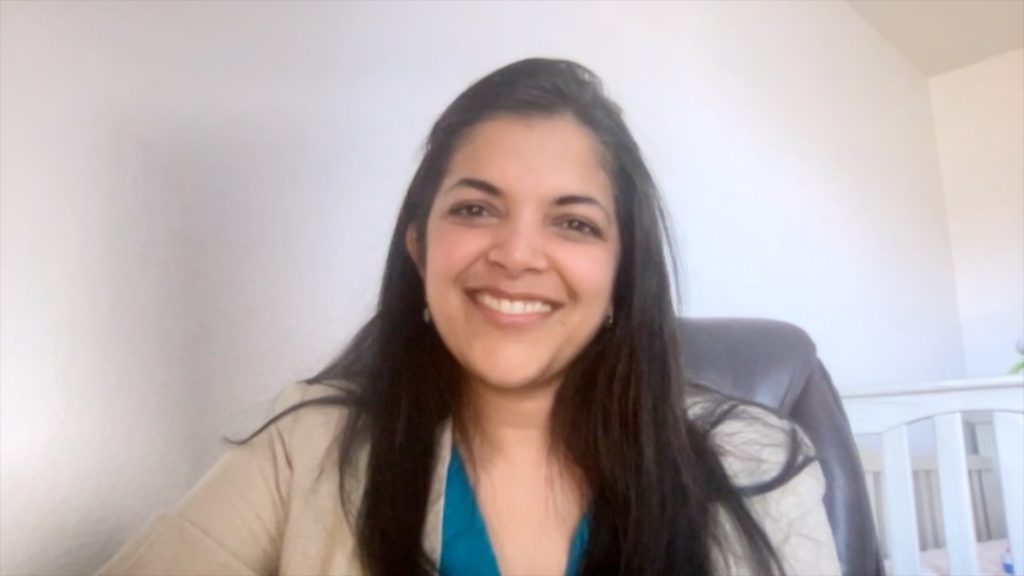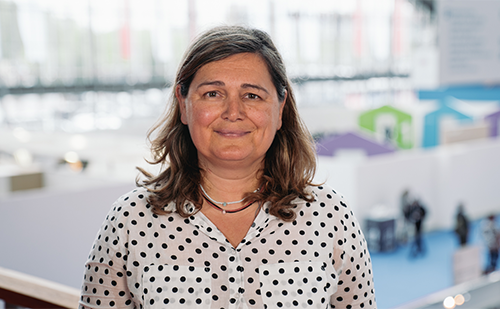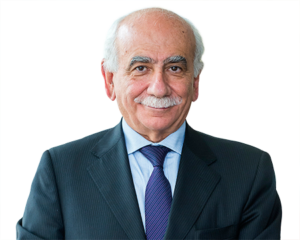 Umberto Vitolo is a Haematology Consultant, Candiolo Cancer Institute, Fondazione del Piemonte per l’Oncologia, IRCCS, Candiolo (Torino), Italy. His research interests are haematological malignancies, primarily lymphoma. He is a member of the Italian Society of Haematology, the Italian Society of Experimental Haematology and the American Society of Haematology. He has authored many papers in peer-reviewed journals and is a reviewer of several scientific journals such as Haematologica, Annals of Oncology, Journal of Clinical Oncology, Blood and others.
Umberto Vitolo is a Haematology Consultant, Candiolo Cancer Institute, Fondazione del Piemonte per l’Oncologia, IRCCS, Candiolo (Torino), Italy. His research interests are haematological malignancies, primarily lymphoma. He is a member of the Italian Society of Haematology, the Italian Society of Experimental Haematology and the American Society of Haematology. He has authored many papers in peer-reviewed journals and is a reviewer of several scientific journals such as Haematologica, Annals of Oncology, Journal of Clinical Oncology, Blood and others.
Diffuse large B-cell lymphoma (DLBCL) is the most common lymphoma, and accounts for around 25% of all lymphoproliferative disorders.1 The standard of care for newly diagnosed patients with DLBCL is rituximab plus cyclophosphamide, doxorubicin, vincristine, and prednisone (R-CHOP). However, it is not curative in many patients.2 Tafasitamab, a humanized, Fc-modified, anti-CD19 monoclonal antibody, in combination with lenalidomide, has received regulatory approvals for the treatment of adult patients with relapsed/refractory DLBCL.3
In an expert interview conducted during the 64th ASH Annual Meeting and Exposition which was held on December 10-13, 2022 in New Orleans, LA, USA, Prof. Umberto Vitolo discussed the combination of tafasitamab, lenalidomide and R-CHOP in the treatment of DLBCL, as well as describing the MIND clinical studies, which are evaluating the efficacy and safety of this regimen in different treatment settings.
What are the limitations of the R-CHOP regimen in the treatment of diffuse large B cell lymphoma (DLBCL)?
The cure rate with R-CHOP is around 70%; however, some patients fail to respond to the regimen.2 These are usually patients with high risk features such as an International Prognostic Index (IPI) score of 3 or more, expression of MYC and BCL2 proteins, and histological features such as tumour location We need new effective treatments to improve outcomes in these patients.
What is the rationale for the use of lenalidomide and tafasitamab to R CHOP in the treatment of DLCBL?
Tafasitamab is an anti-CD19 monoclonal antibody that has high potency and cytotoxicity, and has been shown to be active along with lenalidomide in the setting of relapsed/refractory DLBCL. This combination was developed based on biological data showing that the two agents act synergistically in cell lines and animal models. Lenalidomide increases the activity of immune cells and therefore increases the efficacy of tafasitamab.
The efficacy and safety of this combination has been evaluated in the L-MIND clinical study, which enrolled 81 patients with relapsed/refractory disease.4 The overall response rate was 60%, with a median progression-free survival (PFS) of approximately 12 months. This was a good result considering that the patients were not eligible for more intense treatment such as autologous stem cell transplantation or CAR-T therapies.
Based on these data, we decided to investigate this regimen in the first-line setting in combination with R-CHOP.
What did the First-MIND study teach us about the efficacy and safety of this modified regimen?
This was a Phase Ib randomised study that compared R-CHOP plus lenalidomide and tafasitamab with R-CHOP plus tafasitamab alone. The main aim of this study was to assess the safety of the combination to provide a basis for the larger Phase III randomised study. The final results were presented this year at ASH: 5 66 patients were treated, 33 with additional tafasitamab, and 33 with additional tafasitamab and lenalidomide. The patients were receiving first-line treatment for DLBCL and had IPI scores of 2-3 or more. The overall response rate exceeded 75% and progression-free survival at 2 years was seen in around 77%. In a subset of patients with IPI 3-5, the results were the same. The combination with the two agents showed a trend towards a better PFS compared with the addition of tafasitamab alone.
Could you tell us a little about the front-MIND study?
The front-MIND study (NCT04824092) is large international randomised Phase III placebo-controlled study in high risk DLBCL patients with IPI score 3 or more with a diagnosis to treatment interval of not more than 28 days.6 The treatment is designed to compare R-CHOP plus placebo with R-CHOP plus tafasitamab and lenalidomide. The primary endpoint is PFS at 2 years. Secondary outcome measures include complete metabolic response, event-free survival and overall survival. Other substudies include the level of circulating tumour DNA, evaluation of biomarkers, with the aim of identifying subgroups of patients who may benefit more from the combination. The study is ongoing and data is expected in 2024.
References
- Teras LR, DeSantis CE, Cerhan JR, et al. 2016 US lymphoid malignancy statistics by World Health Organization subtypes. CA Cancer J Clin. 2016;66(6):443-459.
- Coiffier B, Thieblemont C, Van Den Neste E, et al. Long-term outcome of patients in the LNH-98.5 trial, the first randomized study comparing rituximab-CHOP to standard CHOP chemotherapy in DLBCL patients: a study by the Groupe d’Etudes des Lymphomes de l’Adulte. Blood. 2010;116(12):2040-5
- Hoy SM. Tafasitamab: First Approval. Drugs. 2020;80(16):1731-1737.
- Salles G, Duell J, González Barca E, et al. Tafasitamab plus lenalidomide in relapsed or refractory diffuse large B-cell lymphoma (L-MIND): a multicentre, prospective, single-arm, phase 2 study. Lancet Oncol. 2020;21(7):978-988
- Nowakowski GS, Duell J, Kopeckova K et al. First-Mind: Final Analysis from a Phase Ib, Open-Label, Randomized Study to Assess Safety of Tafasitamab or Tafasitamab + Lenalidomide in Addition to R-CHOP in Patients with Newly Diagnosed Diffuse Large B-Cell Lymphoma. Blood. 2022;140 (Suppl. 1): 3731–3733.
- Vitolo U, Nowakowski GS, Burke JM, et al. PB2113: FrontMIND: A Phase III, randomized, double-blind study of tafasitamab + lenalidamide + R-CHOP vs R-CHOP alone for newly diagnosed high-intermediate and high-risk diffuse large B cell lymphoma. Hemasphere. 2022;6(Suppl ):1984-1985.
Article information:
Disclosures: Umberto Vitolo is on the advisory board for Genmab, Abbvie, Gilead, and Novartis; and is a speaker’s bureau participant with Abbvie, Roche, Incyte, and Servier. The study is scientifically supported by the Fondazione Italiana Linfomi and the German Lymphoma Alliance.
Data availability: Data sharing is not applicable to this article as no datasets were generated or analysed during the current study/during the writing of this article.
Access: This article is freely accessible at touchNEUROLOGY.com © Touch Medical Media 2022
Corresponding author: Umberto Vitolo, University-Hosptial, Torino, Italy
Support: Writing of this article was supported by Touch Medical Media.
Watch on-demand interviews from 64th ASH Annual Meeting and Exposition


